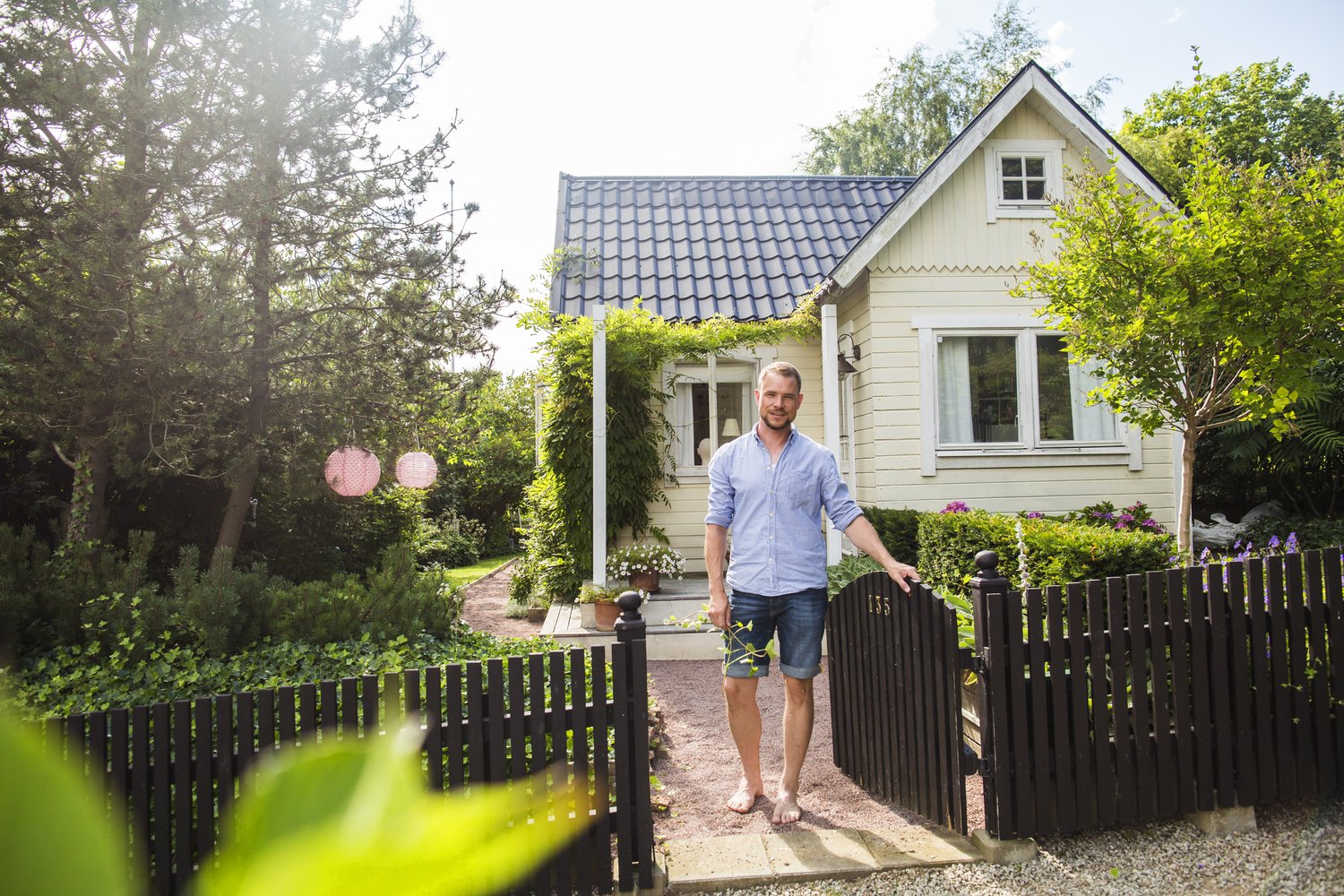A well-designed fence does more than define property lines—it enhances privacy, boosts curb appeal, and adds a polished finish to your backyard. Custom fencing allows homeowners to select designs that complement their outdoor space and meet specific needs, from decorative accents to noise reduction. When planning a custom fence, it’s important to weigh aesthetic preferences, long-term durability, and installation logistics to ensure the final product works well for your home.
Start with purpose and function
Before choosing materials or styles, determine why you want a fence. Are you aiming to increase privacy, keep pets safe, reduce road noise, or simply enhance the look of your property? Knowing your primary goals will help guide decisions about height, spacing, and structural reinforcements. Some homeowners prioritize full coverage for seclusion, while others opt for semi-transparent fencing to maintain airflow and an open feel.
Understand your property’s layout
Every yard is different, and the natural layout of your property affects how a fence should be constructed. Sloped landscapes, dense tree lines, and irregular lot shapes require tailored solutions. Surveying your land and identifying obstacles will help you avoid issues during installation. A professional fence contractor can assess these challenges and suggest adjustments to maintain both form and function throughout the build.
Explore popular and durable materials
Fencing materials have come a long way, offering options that are stylish, low-maintenance, and built to withstand the elements. Wood remains a classic favorite for its natural look and versatility, though it requires regular upkeep. Vinyl offers a clean, modern aesthetic with minimal maintenance. Composite fencing mimics the appearance of wood but lasts longer, while aluminum and steel add durability and security in a sleek design. Choosing a material that fits your climate and maintenance preference is key to long-term satisfaction.
Think about style and customization
A custom fence opens up the opportunity to design something unique. Whether you prefer horizontal slats for a modern appearance, lattice panels for a decorative touch, or board-on-board construction for full privacy, your design options are nearly endless. Decorative post caps, built-in lighting, and mixed materials can personalize the design further. Many homeowners draw inspiration from online galleries or local landscaping publications before consulting a contractor to refine the look.
Plan around privacy and visibility
Fencing doesn’t just keep things out—it controls how much you see and how much others can see into your space. If privacy is your goal, choose taller panels or tightly spaced boards. For a more open look, consider semi-private designs that incorporate spacing or transparent elements like metal railings. The location of patios, pools, or neighboring homes should all factor into your decision about height and coverage.
Account for maintenance and upkeep
Your chosen material will impact how much upkeep your fence requires. Wood may need staining, sealing, or painting every few years, while vinyl and aluminum can often be cleaned with just water and mild detergent. Before installation, think about how much time and effort you’re willing to dedicate to maintenance. A local fencing expert can explain the trade-offs between appearance, durability, and care.
Check local guidelines and permits
Many cities and neighborhoods have rules about fence height, materials, and placement. Before beginning any project, research local regulations or contact your homeowner’s association for restrictions. Most fencing contractors are familiar with regional codes and can handle permits on your behalf to ensure the project moves forward without setbacks.
Work with a local contractor
Custom fencing requires precision and experience. A skilled professional will not only build the fence to last but also ensure the installation is level, secure, and visually appealing. From setting posts to measuring for gates, contractors can streamline the entire process. At AskHomey.com, you’ll find vetted fence builders who understand your area’s climate, soil conditions, and property layouts, making them ideal partners for your project.
For more home improvement advice and outdoor design inspiration, follow us on Instagram and Facebook.



